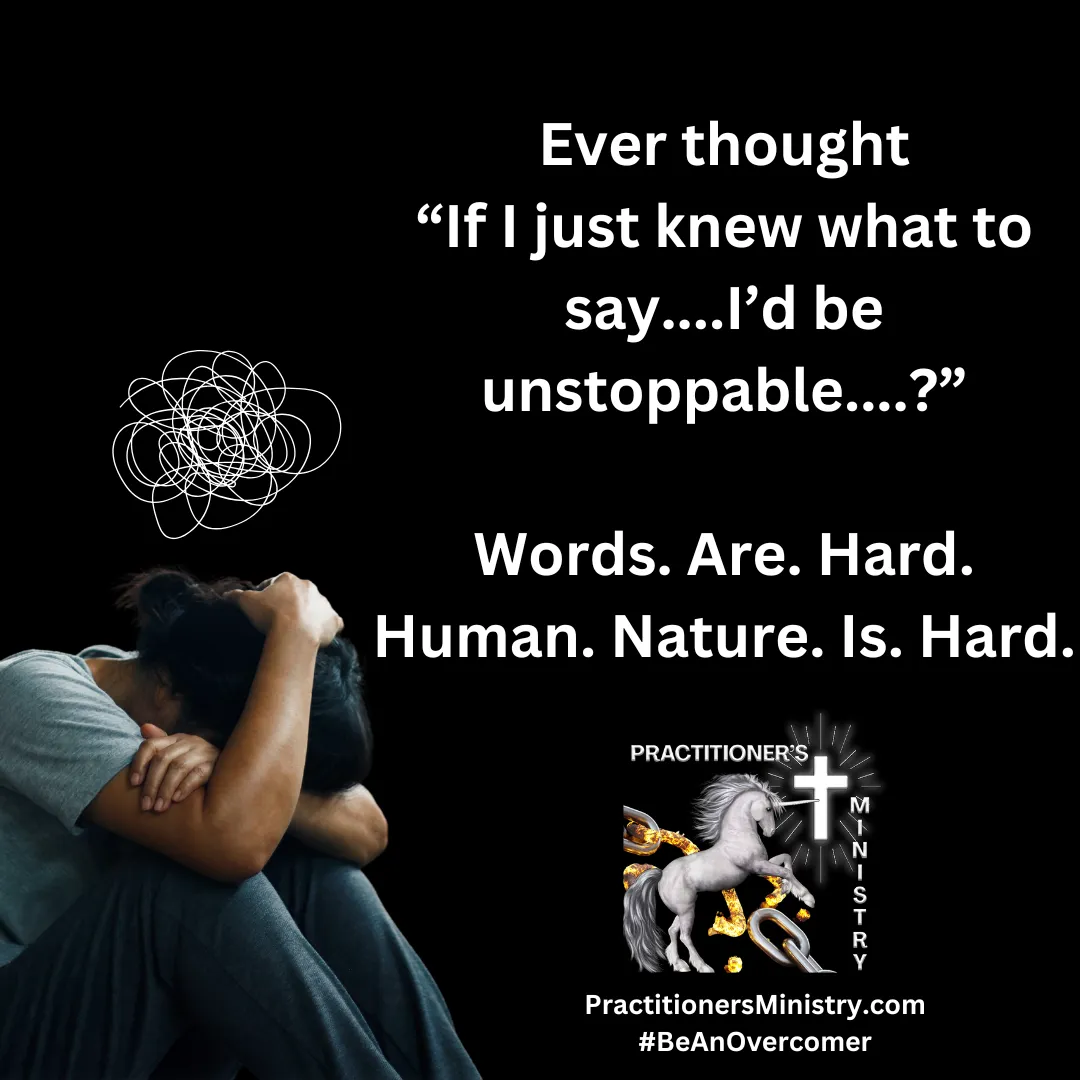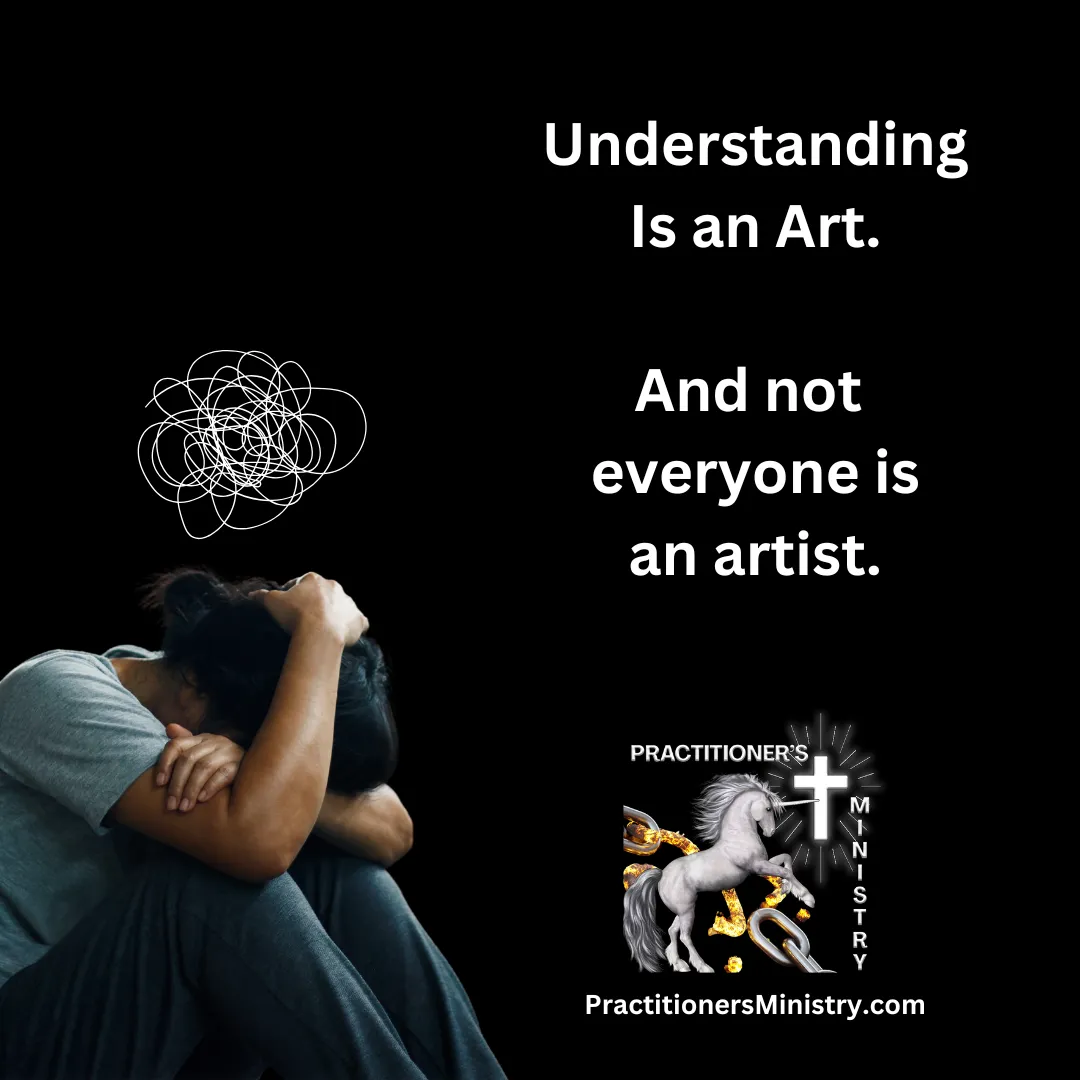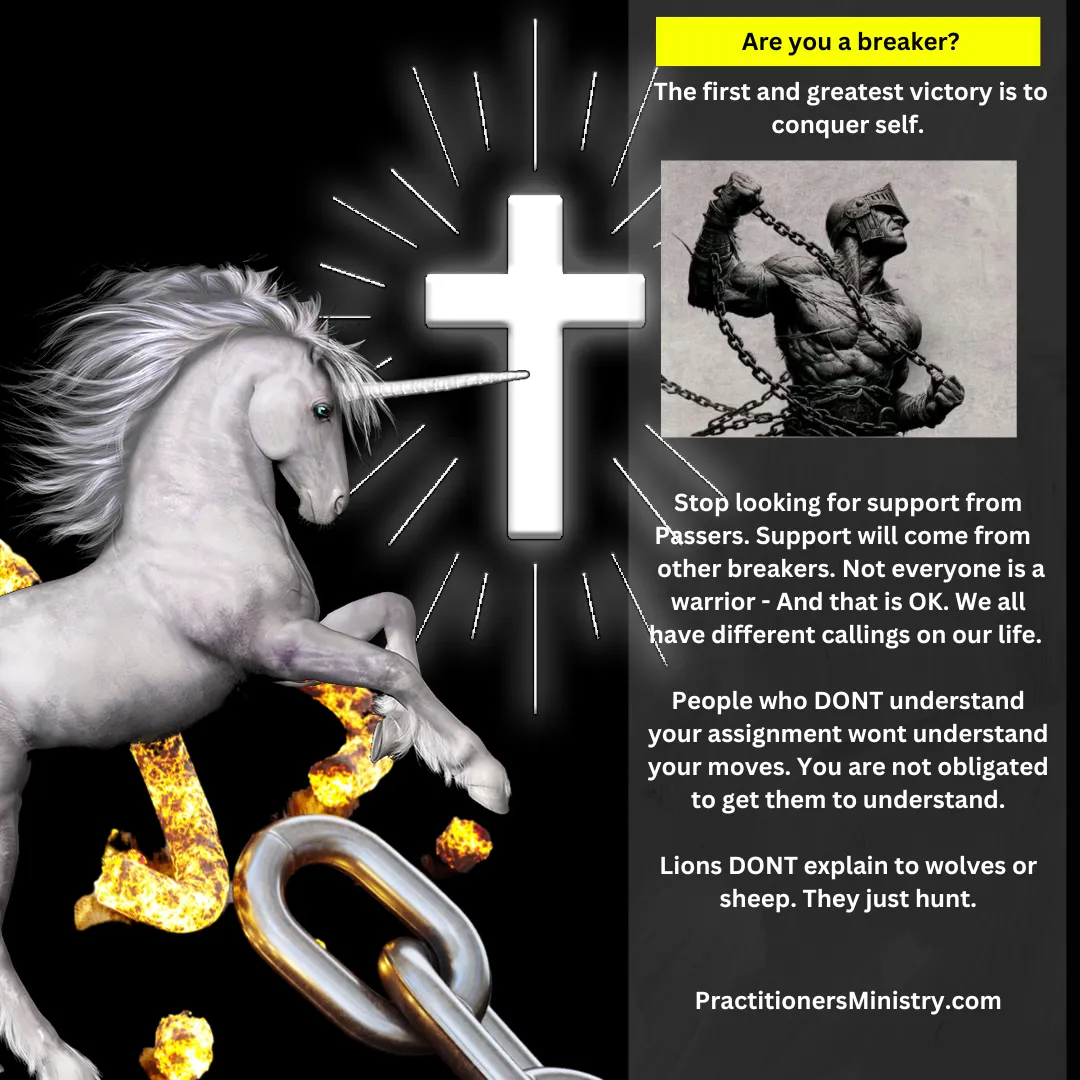
Guru.
Expert
Life Long Learner
Outdoor Enthusiast
Chief Fun Officer
Daniel Christopher Kraus
The Practitioner
Struggling with Relationships?
Do you have difficulty 1) Being Aware Of
or 2) Expressing your needs?
Welcome to Practitioner's Ministry.
❌ Inferiority Insecurity Anxiety Apathy ❌
✅💜✝️ Curiosity Awe Excitement Joy
Peace Patience Kindness Goodness
Faithfulness Gentleness Self-Control Precision Confidence Perseverence Humility Love Fulfillment ✝️💜✅
Practitioner (NOUN)
[Prak-tish-uh-ner]
A person authorized to practice healing.
Hint: We are all student-teachers.
An individual on "Chapter 2" can help and be of service to an individual on "Chapter 1".
We are a community of brothers and sisters in Christ Jesus pursuing healing through practical psychology and practical theology. We share resources and tips to help individuals with ADHD, Bipolar Disorder, or unresolved trauma navigate the complexities of personal and professional relationships. We aim to walk as though each individual present throughout The World were a brother, sister, or neighbor. We are all humans having a human experience. Through the indwelling Holy Spirit, as new creations in Christ Jesus, we can rise above human nature and the carnal mind to set our sights on the things of the Spirit in service to our fellow man.
Frankly - I've struggled with words my entire life. I am an extroverted introvert and I have a long history of attempting to script conversations in my head in advance in order to attempt to influence the outcome according to my own will. Learning to hear the voice of the Holy Spirit and follow the promptings of the Holy Spirit in my day-to-day life has helped me eliminate constant looping thoughts and symptoms of anxiety and walk in a flow state. The Holy Bible calls believers to be quick to hear (a careful, thoughtful listener), slow to speak (a speaker of carefully chosen words) and slow to anger (patient, reflective, forgiving). See James 1:19.
In many cases, individuals with ADHD, Bipolar Disorder, or unresolved trauma struggle with depression, anxiety, and despair. I know that I've had times in the past throughout my personal mental health journey where I found it challenging to experience brightness of future - that inner knowing that acknowledges the possibility of growth, learning, and that tomorrow has the potential to be a better day - which can often be absent during periods of depression.
Communication tools - Language - and how we speak to ourselves and others are integral to healing. Many individuals with ADHD, Bipolar Disorder, or unresolved trauma are highly sensitive to their environment, are highly reactive to events, often become overwhelmed with emotion, and are slow to return to calm. Their childhood environment may have been invalidating or chaotic. Many have experienced some form of trauma, and may seek perfectionism.
We believe developing communication skills and positive qualities to be an essential part of becoming a Whole Man or Whole Woman walking in the fullness of one's divine gifts, strengths, and talents. We value Authenticity, Perseverance, Courage, and Vulnerability in Self Expression and encourage individuals to request/receive and offer/give feedback with grace and humility both in their personal and professional life.
Author Daniel Goleman first popularized the idea of Emotional Intelligence in 1995 through his works that teach that a High IQ isn't the most significant predictor of success in life and leadership but rather that our EQ – our ability to relate to people and build relationships — has a far greater impact in determining our success and overall potential.
According to the Harvard Business Review, “Studies have shown that a high emotional quotient (or EQ) boosts career success, entrepreneurial potential, leadership talent, health, relationship satisfaction, humor, and happiness. It is also the best antidote to work stress and it matters in every job — because all jobs involve dealing with people, and people with higher EQ are more rewarding to deal with.”
The five components of Emotional Intelligence include:
• Self-awareness: Understanding your moods, emotions and drive and how they impact others
• Self-regulation: Thinking before you respond, and suspending judgment of others and yourself
• Motivation: Developing a passion for what you do that transcends money and status
• Social Skills: The ability to develop rapport and intimacy to create and manage relationships
• Empathy: Understanding the emotions of others
Are you looking for support?
Don't hesitate to reach out.
You don't have to walk through Life alone.
Communication Resources
Recommended Reading



